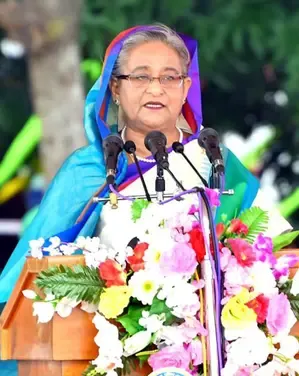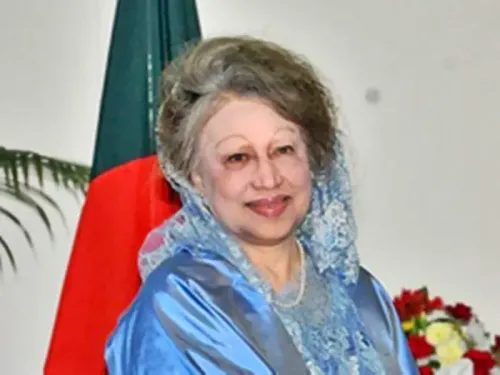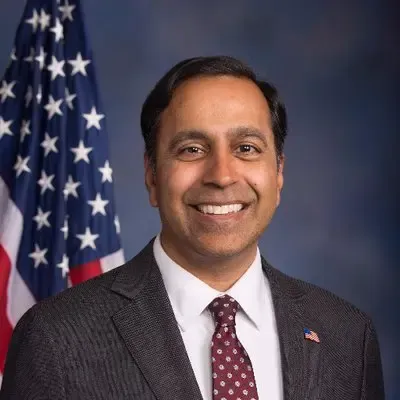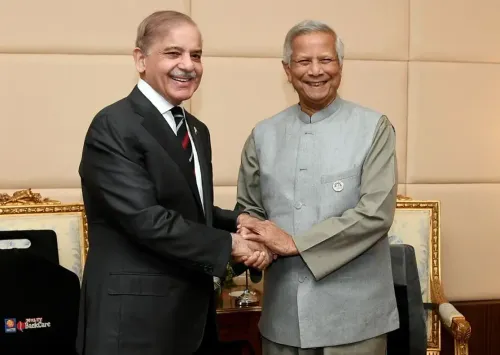Why Does Former PM Hasina Call 'Jail Killing Day' a Painful Chapter in Bangladesh's History?

Synopsis
Key Takeaways
- Jail Killing Day marks a significant event in Bangladesh's history.
- The four leaders were key figures in the Bangladesh Liberation War.
- Sheikh Hasina calls for remembrance of their contributions.
- The killings were part of a larger conspiracy against independence.
- Continued commitment to the ideals of Bangabandhu is essential.
Dhaka, Nov 3 (NationPress) On this day of remembrance, Bangladesh's former Prime Minister Sheikh Hasina reflected on Jail Killing Day as a profoundly painful and shameful moment in the nation's timeline, honoring the brutal murder of four pivotal leaders of the Awami League within the confines of Dhaka Central Jail.
This year marks the 50th anniversary of the tragic executions of four leaders—Syed Nazrul Islam, Tajuddin Ahmad, Captain M. Mansur Ali, and A. H. M. Qamaruzzaman—who were instrumental in the Bangladesh Liberation War of 1971 and were killed while in custody.
“November 3 stands as a deeply emotional, sorrowful, and shameful day in Bangladesh's history. Following the assassination of our nation's Father, Bangabandhu, and his family on August 15, 1975, the murderers incarcerated his political allies. On this day, the anti-independence assassins callously took the lives of Bangabandhu's closest political associates within the secure walls of Dhaka Central Jail, witnessed by many,” said the former PM in a statement shared on the social media of Awami League leader Mohammad Ali Arafat.
Hasina emphasized that these killings were not merely the loss of four lives; they represented a sinister plot to eradicate the essence of the Liberation War, the principles of a sovereign Bangladesh, and the democratic framework of the state.
Through this atrocity, she argued, the nation was left without leadership, the achievements of the Liberation War were dismantled, and the defeated forces regained a foothold in politics.
“These four national figures, the most trusted allies of the Father of the Nation, committed their lives to fulfilling Bangabandhu's aspirations. During the Liberation War, while Bangabandhu was imprisoned in a Pakistani jail, these leaders, from their positions in the exiled government, orchestrated the war, established diplomatic ties, and played a crucial role in garnering international support for Bangladesh's independence. Their patriotism, integrity, and selflessness will forever serve as a beacon for us,” added the former PM.
Paying homage to the four “martyrs,” Hasina affirmed that the Awami League will remain steadfast against any plots, deceit, or violence.
She vowed that, inspired by Bangabandhu's vision, the party aims to create a joyful, prosperous, and modern Bangladesh, free from poverty, inequality, and corruption—illuminated by the spirit of the Liberation War.










